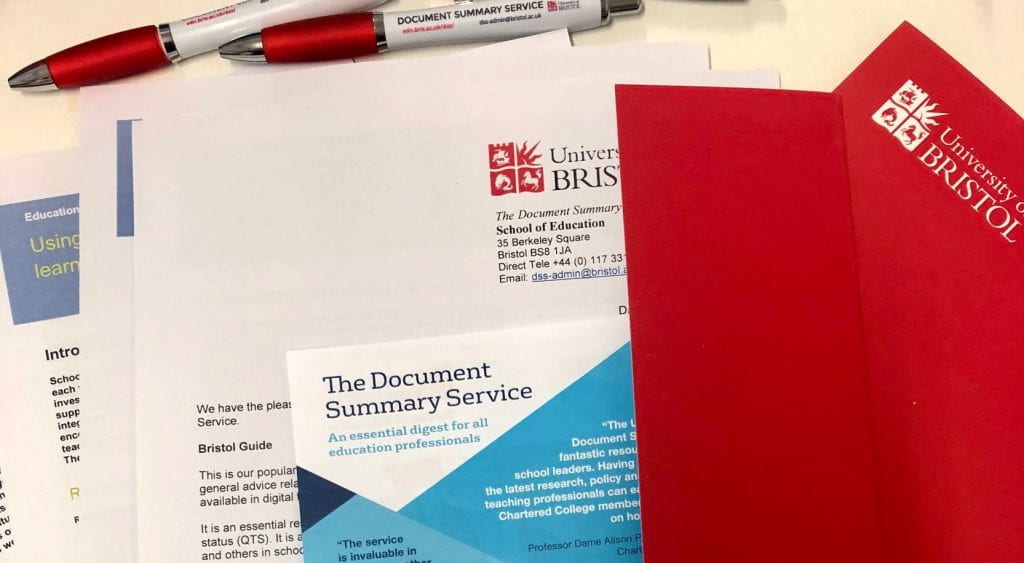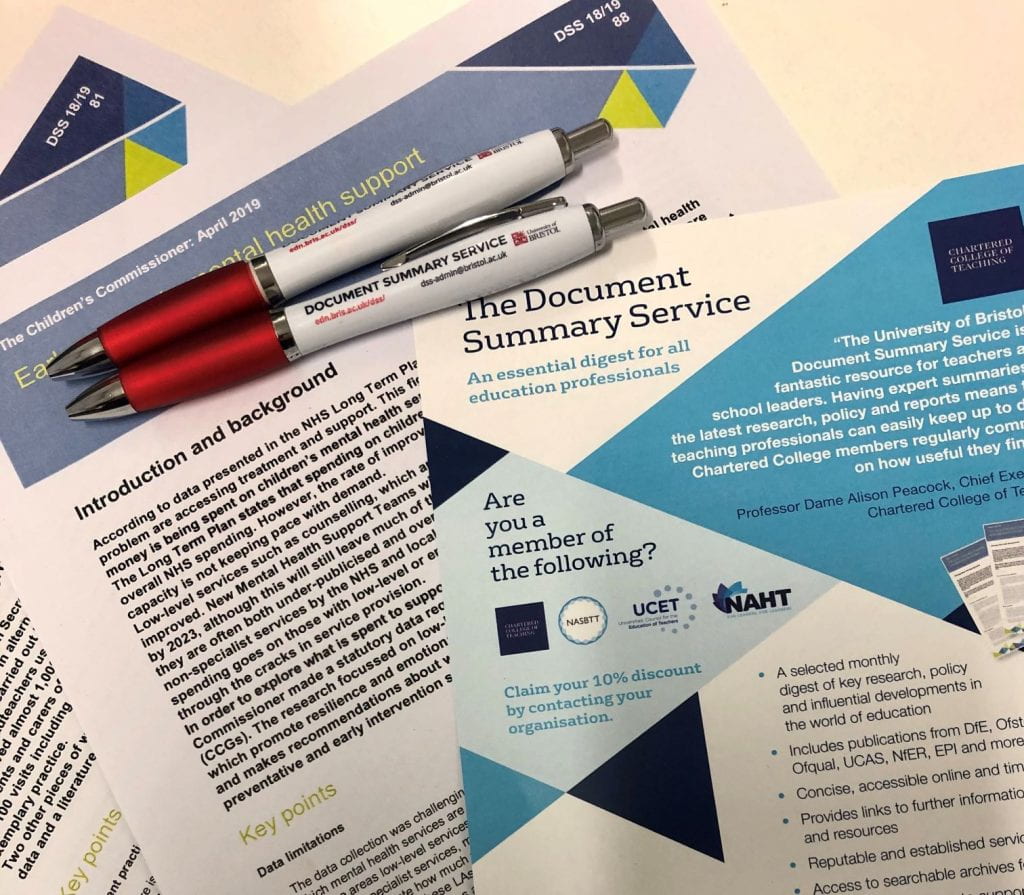 Dr Jessie Abrahams (Lecturer in Education and Social Justice, School of Education, University of Bristol)
Dr Jessie Abrahams (Lecturer in Education and Social Justice, School of Education, University of Bristol)
As results time for the COVID cohort hits, and anxiety mounts for young people, the four nations of the UK have begun a worrying battle to prove that their system of allocated grades as a substitute for summer examinations is the fairest of them all. In reality- none of them are fair. As many academics have already exclaimed, they are all set up (much like our whole education system), in favour of white, middle (and upper) class pupils and families (see for example: Ingram, 2020). (more…)








